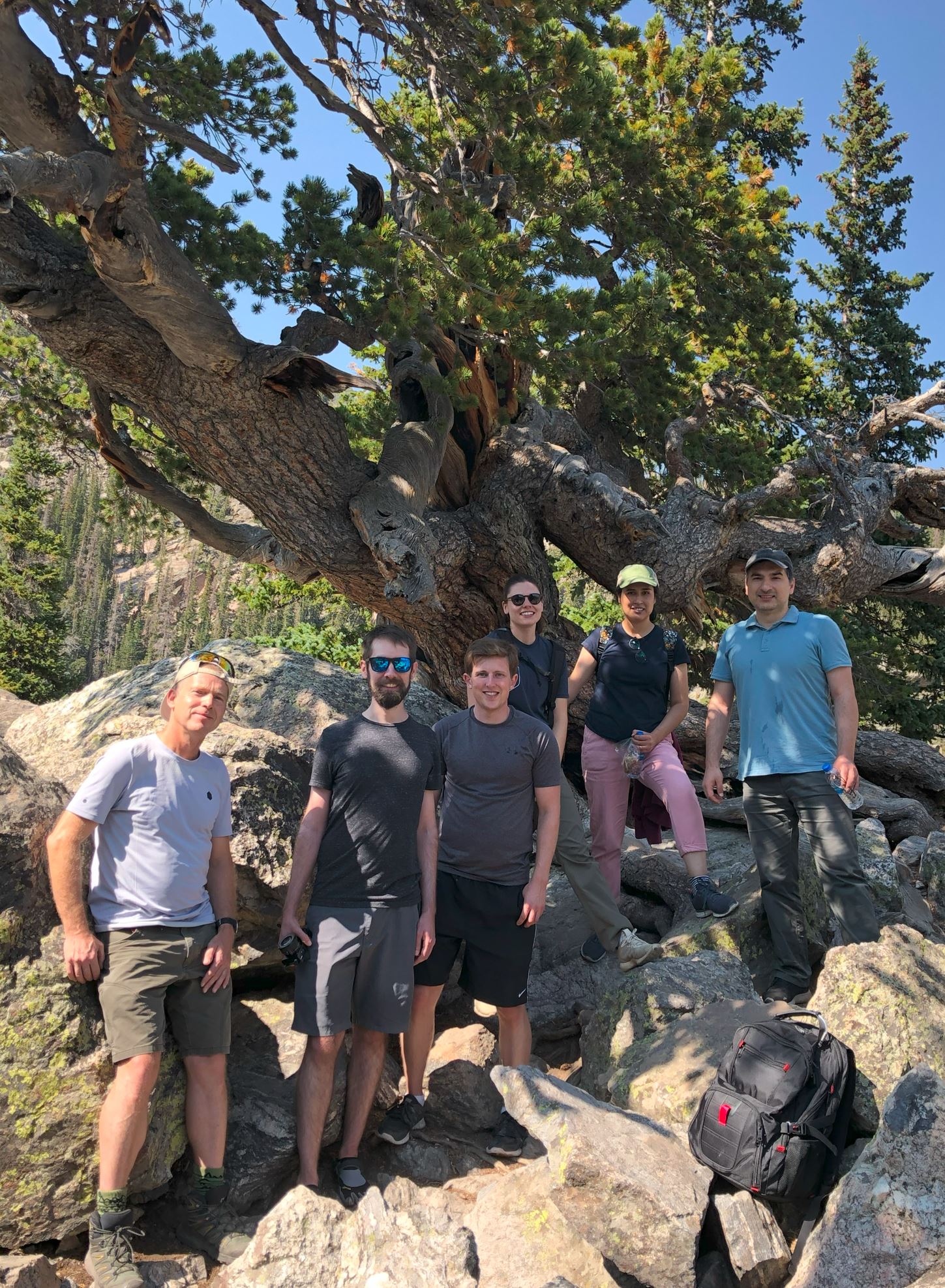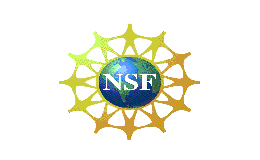|
Welcome to the Complex Materials Optics Network
The future site of the Woollam Research Laboratories
University of Nebraska-Lincoln,
Department of Electrical Engineering
Nebraska Center for Materials and Nanoscience
Contact: M. Schubert
The next International Conference on Spectroscopic Ellipsometry ICSE-10 will be organized in the Denver area in Summer 2025 by Dave Aspnes, Alain Diebold and Mathias Schubert

The Complex Materials Optics Network (CMON) activities are currently funded by National Science Foundation within Materials Research Science and Engineering Center QSPIN,
University of Nebraska-Lincoln, Nebraska Center for Materials and Nanoscience, Department of Electrical Engineering, College of Engineering and Technology,
John A. Woollam Foundation, J.A.Woollam Co.,Inc., EMCORE Corporation, INO Canada, and OSRAM Opto- semiconductors GmbH (Germany).
|
|
 |
The Complex Materials Optics Network (CMON) comprises active research groups within the University of Nebraska-Lincoln. The primary focus
is optical materials preparation, characterization, and instrumentation development for solving contemporary experimental and
theoretical problems in materials sciences and engineering bridging Physics, Chemistry, Biology and Engineering applications.
The cluster currently is sectioned into Materials Preparation, Instrumentation, Optical Physics, Photonic Crystals, and Biomaterials groups.
Instrumentation developments address Terahertz Ellipsometry, Generalized Ellipsometry, and field-dependent linear and nonlinear spatial-
and time-resolving optical probes. Active research areas address magnetic, ferroelectric and multiferroic materials, and nanoscience,
nanostructure preparation, charge transport in quantum regime systems, and biointerface properties, for example.
|
|
|

